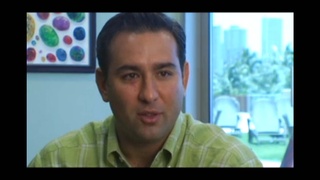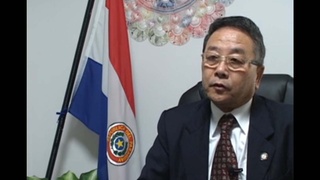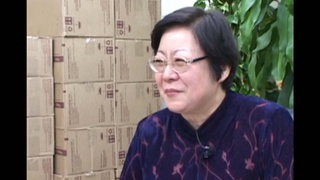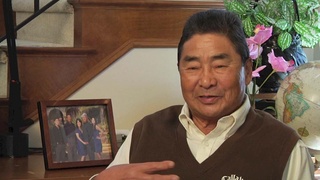Interviews
Yoshitaro Amano’s Business in Japan (Japanese)
(Japanese) After the Eastern Japan Great Earthquake, Amano did a small job. When the earthquake happened, his father became ill, but he was a big, strong man so he was able to live for many years after that. After that, Amano ran a manju shop in Yokohama. What was it called, again? With making manju, as well, he was amazingly thorough – he used the best flour, the best red beans, and so on. He brought a specialist over, too, and said that he kneaded all the dough.
He did various different things and got really popular. His management style was interesting, too. He ran a tidy shop and wouldn't make very many manju at once. Apparently, he would make fresh ones about three times a day. They would get lines and they would have to keep pushing the closing time further and further back. They would say that if you measured the length of the manju they sold by a railway line, it would reach from Yokohama Station to a station in Tokyo. So, he said it was the duty of the citizens of Yokohama to bring it back to Yokohama. It was a funny statement, so everybody would come clamoring to buy from him. There was this big bank, too, called the South America something or other bank; they say that all the snacks there came from Amano’s manju shop. He was a very clever person.
Date: April 18, 2007
Location: Lima, Peru
Interviewer: Ann Kaneko
Contributed by: Watase Media Arts Center, Japanese American National Museum







